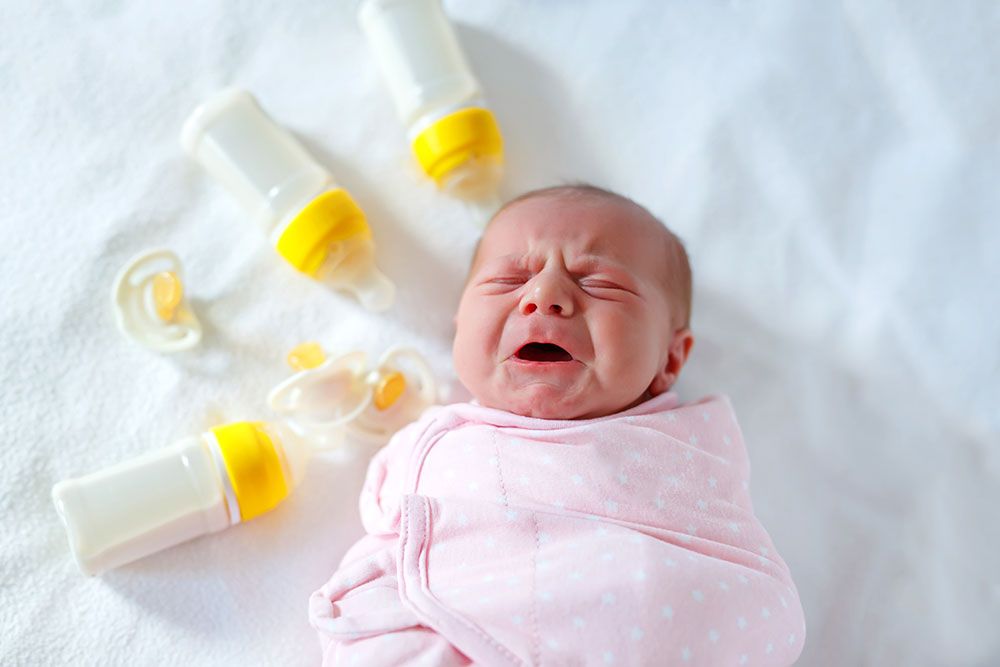Your Read is on the Way
Every Story Matters
Every Story Matters
The Hydropower Boom in Africa: A Green Energy Revolution Africa is tapping into its immense hydropower potential, ushering in an era of renewable energy. With monumental projects like Ethiopia’s Grand Ethiopian Renaissance Dam (GERD) and the Inga Dams in the Democratic Republic of Congo, the continent is gearing up to address its energy demands sustainably while driving economic growth.
Northern Kenya is a region rich in resources, cultural diversity, and strategic trade potential, yet it remains underutilized in the national development agenda.

Can AI Help cure HIV AIDS in 2025

Why Ruiru is Almost Dominating Thika in 2025

Mathare Exposed! Discover Mathare-Nairobi through an immersive ground and aerial Tour- HD

Bullet Bras Evolution || Where did Bullet Bras go to?
Many young children form deep emotional attachments to their bottles or diapers as symbols of comfort and security. Bottles often represent nourishment and soothing, while diapers protect them from discomfort and mess.
When parents introduce potty training or weaning from the bottle, children may feel anxious because these changes disrupt familiar routines and threaten their sense of safety. The fear of losing these comforting items can cause resistance or distress, making it harder for children to adapt.
Potty training involves new objects, sensations, and social expectations that toddlers might find unfamiliar or intimidating. The potty itself, the process of sitting on it, and the idea of controlling bodily functions are all new concepts that can cause uncertainty and fear.
Similarly, transitioning away from bottle feeding to cups or solid foods introduces unfamiliar tastes and textures, which some children may initially reject. This fear of the unknown can manifest as reluctance or anxiety during these milestones.

Children develop physical and emotional skills at different rates. Some toddlers may not yet have the necessary muscle control, cognitive understanding, or emotional maturity required for potty training. Similarly, transitioning from bottle feeding often requires readiness in terms of oral motor skills and appetite for other foods.
Forcing children to progress before they are ready can lead to frustration and fear, making the process more challenging for both the child and caregiver.
If children have experienced discomfort during potty training, such as constipation, diaper rash, or difficulty using the potty, they may associate these activities with pain or fear. Likewise, babies who had trouble latching or swallowing during bottle feeding might develop anxiety around feeding times. These negative associations can create resistance and fear that persist unless gently addressed by caregivers.
Children are highly sensitive to the emotions and attitudes of their parents or caregivers. If parents show frustration, impatience, or anxiety about potty training or weaning from bottle feeding, children can pick up on these cues and become more fearful themselves. A calm, patient, and supportive environment helps children feel safe to explore new habits and reduces their fears during these transitions.
By recognizing and addressing these factors, parents and caregivers can create a nurturing environment that supports children through the challenges of potty training and bottle feeding, reducing fear and encouraging confidence and independence.
0 comments